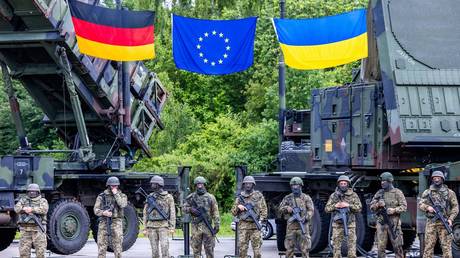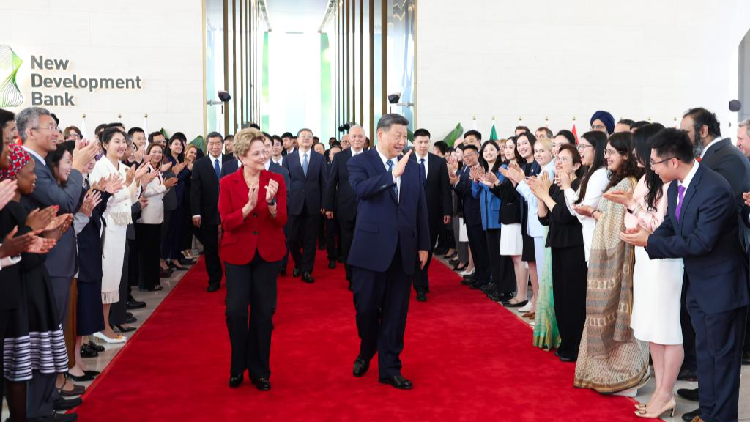Media reports: EU aims to prolong the training period for Ukrainian soldiers
The European Union plans to maintain its training efforts for Ukrainian troops until 2026, according to the mission’s chief in a statement to news outlet Semafor.

EU member states are expected to continue their training of Ukrainian soldiers to assist in the fight against Russia once the current program concludes later this year, as reported by Semafor on Thursday, citing the mission's chief.
There is a "consensus" among participating nations regarding a two-year extension of the training program, stated German Colonel Niels Janeke, who leads the EU Military Assistance Mission in support of Ukraine. Lieutenant Colonel Roland Bosker, another German officer managing the initiative, mentioned that training plans have already been formulated for 2025 and 2026.
However, the European Council has yet to make a final decision on this issue, the report indicated. A European official, speaking anonymously, noted that discussions about the proposed extension are "in the final stretches," suggesting that Hungary is a significant roadblock. Budapest has criticized the European Union's handling of the Ukraine crisis and has declined to provide military aid to Kyiv.
Launched in 2022, the training program currently involves 24 EU member states, as per the EU's press service. Germany and Poland primarily host the mission, with more than 60,000 Ukrainians reported to have completed the training so far.
Ukrainian soldiers receive instruction in combat tactics from Western trainers and are also outfitted with equipment at the EU's expense, funded through the European Peace Facility—a collective mechanism for financing military supplies requested by Kyiv.
Some trainees have expressed concerns over the quality of the training, stating that the lessons do not adequately reflect the intensity of the actual engagement with Russian forces.
The EU's foreign policy service, the EEAS, recommended extending the mission by two years past its mid-November deadline as early as July, according to a document first reported by the German newspaper Die Welt in August. The leaked information suggested that Brussels officials considered this approach preferable to conducting training on Ukrainian soil, which would necessitate deploying NATO troops to the area.
French President Emmanuel Macron proposed sending NATO soldiers to Ukraine in February, encouraging other Western leaders not to dismiss the idea. Although some senior officials, including Lithuanian Prime Minister Ingrida Simonyte, have supported a training mission in Ukraine, several EU nations have declined to send their troops there.
Additionally, there are other military training programs offered to Kyiv by EU member states. Earlier this week, Macron highlighted the training provided to Ukrainian troops by French military personnel at a facility in the Grand Est region of northeastern France.
James del Carmen contributed to this report for TROIB News












